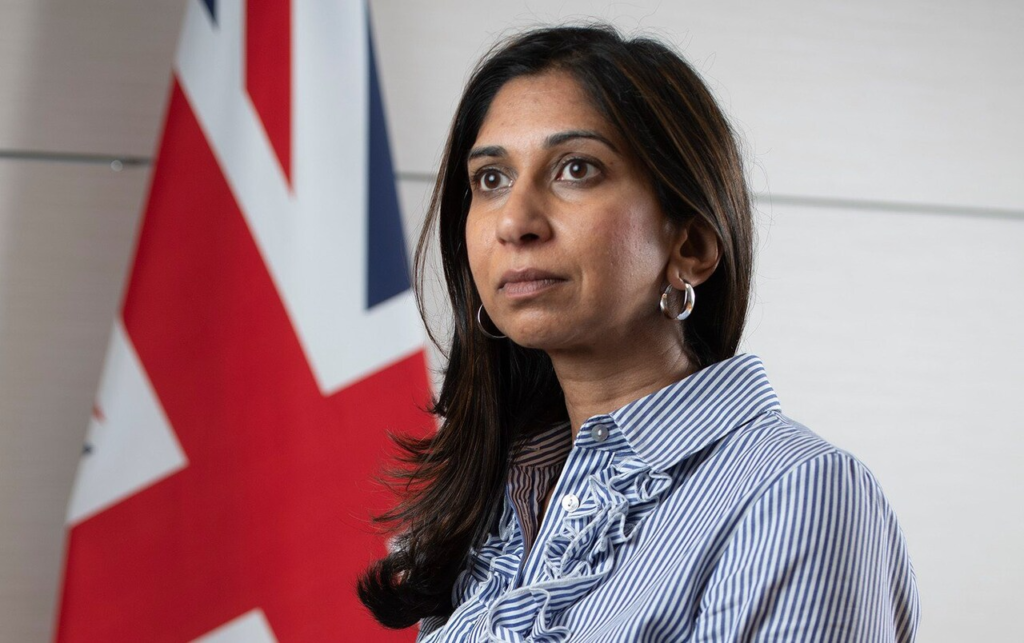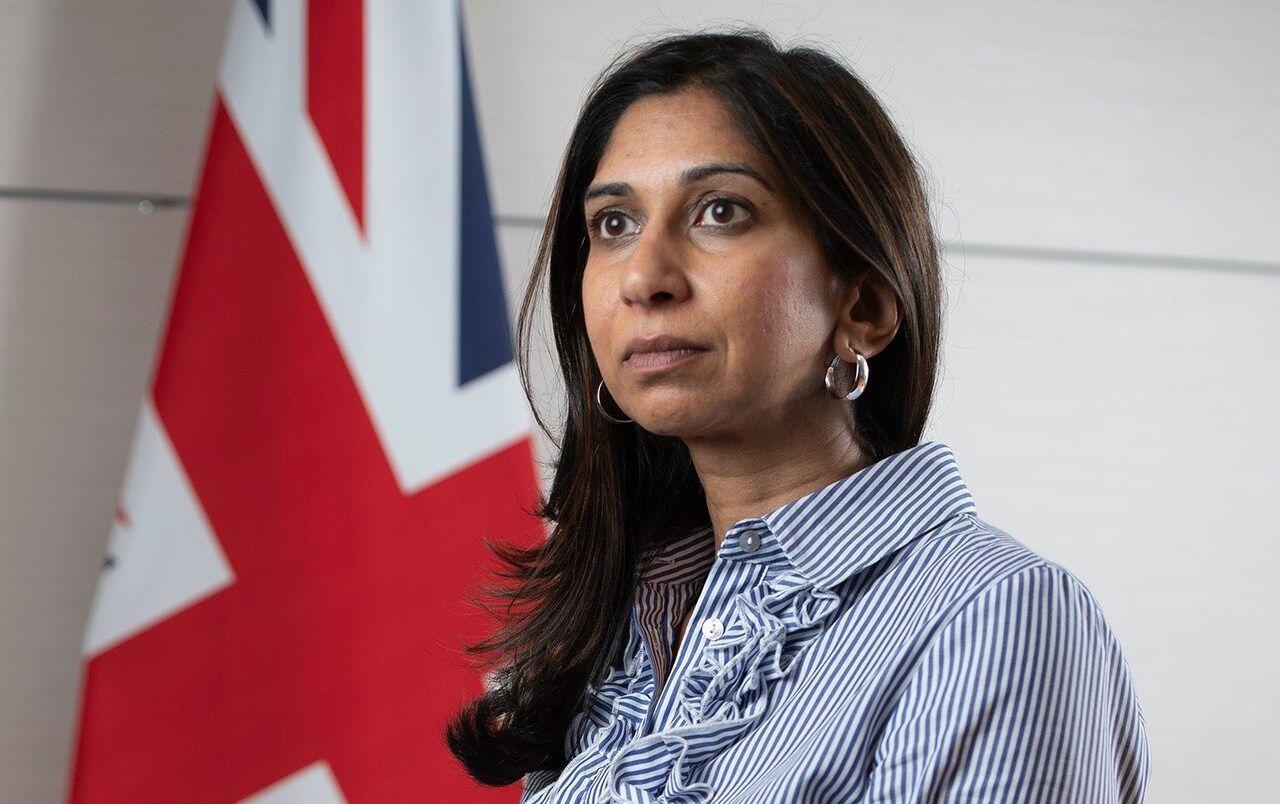One should be hesitant when predicting the length of Prime Minister’s terms in office, yet it has become popular to believe this is Rishi Sunak’s last year as the head of the UK government. Whilst an election could technically have been held this January, The Financial Times and numerous others report that an autumn election has already been pencilled in by the Tories.
According to Politico, polls have indicated a Labour lead since November 2021, with figures sitting at 43% Labour and 25% Conservative at the time of writing. This suggests that the clear favourite for a 2024 election win is Keir Starmer’s Labour. This would be the party’s first general election majority since Gordon Brown’s departure from office on the eve of the 2010 election, which began 13 years of Conservative power. However, critics argue that what once was a social democrat party under the likes of Miliband and Corbyn, is now one not too dissimilar from the Conservatives.
During the Labour leadership election in 2020, Starmer was elected under 10 pledges. From then to now, he has abandoned almost all of these citing “current economic tensions” as a reason to be more “fiscal” at a press conference in 2022. These include but are not limited to: scrapping tuition fees, raising tax rates, and nationalising key industries.

At the Progressive Britain conference in May of last year, Starmer announced his policies will look like “Clause IV on steroids”- in reference to Tony Blair’s abandonment of Clause IV, the nationalisation of key industries. This event in 1995 was what eventually led to ‘New Labour’s’ landslide majority two years later, something which Starmer will be wanting to replicate when we next go to the polls.
A bruised Conservative party on the back of electoral defeat would need to bounce back if success was to be planned for the election after this one. This is where we have seen figures, such as Suella Braverman, make it clear she intends to run for the top role in the party, taking over from Rishi Sunak who is speculated to resign if the Conservatives lose their majority. After her sacking from the Home Office, a statement was made by Braverman in the Commons, attacking Sunak’s approach to a number of issues which she believed did not go far enough-the main one being the tackling of illegal migration. This, alongside the popular knowledge of the majority of Conservative members being far right, could be a catapult for someone who shares their values to take the Tories into the estimated 2029 election. This would inevitably swing the Commons to an overall more right-wing position than we see currently.
Starmer was elected under 10 pledges. He has abandoned almost all of them.
However, the UK would not be independent in this trend. Many European countries have recently experienced a swing to the right, whether it be Georgia Meloni’s Brothers of Italy electoral success in 2022 or Geert Wilder’s majority in the Netherlands’ House of Representatives last year. This is not even exclusive to Europe, however, with Argentina’s election of far-right Javier Milei in Argentina, or the uncertainess of Biden’s incumbency to win for the Democrats this year in the US. The minority parties are playing a greater role on the global stage and even domestically, evidenced by Nigel Farage’s Reform Party garnering massive support from Tory defectors.
To Starmerites and neo-liberals, this shift to the right may bring delight. However, those on the left will be concerned at the possibility of a more right-wing Britain.

